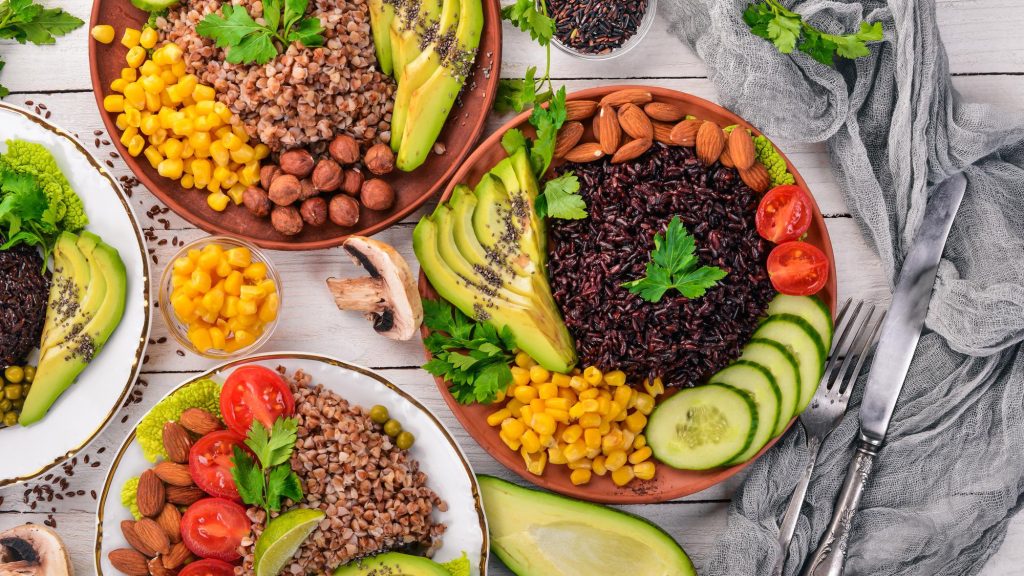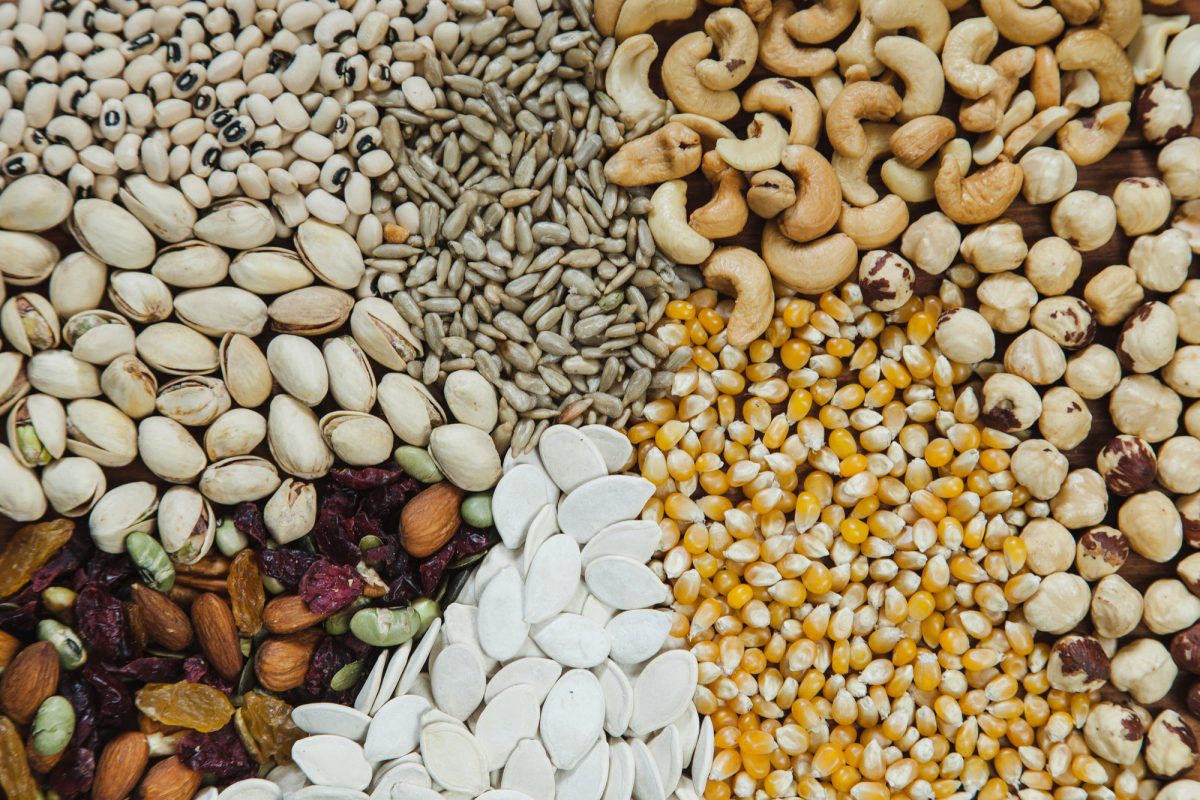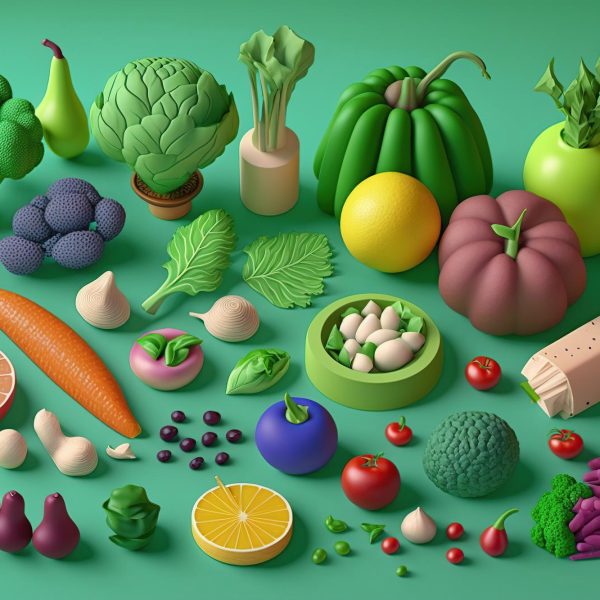Eating whole foods means consuming food in its natural state or as close to it as possible. It means avoiding processed foods, which have added sugars, preservatives, and chemicals that can negatively affect our health.
In today’s fast-paced world, where convenience foods are readily available, it’s easy to overlook the importance of whole foods in our diets. However, incorporating whole foods into our diets is crucial for our overall health and well-being.
What Are Whole Foods?
Whole foods are foods that are unprocessed or minimally processed, and they are as close to their natural state as possible. They include fruits, vegetables, whole grains, nuts, seeds, and legumes. These foods are packed with essential nutrients, including vitamins, minerals, fibre, and antioxidants. In contrast, processed foods often lack these nutrients and are high in calories, unhealthy fats, and added sugars.

Why Are Whole Foods Important?
Whole foods are essential for maintaining good health and preventing chronic diseases such as obesity, type 2 diabetes, heart disease, and certain types of cancer. Here are some of the reasons why:
- Nutrient Density
Whole foods are packed with nutrients, including vitamins, minerals, fibre, and antioxidants, which are essential for our health. These nutrients are often lost during processing and are not added back during fortification.
- Fibre Content
Whole foods are rich in fibre, which is essential for healthy digestion and preventing constipation. Fiber also helps to reduce the risk of chronic diseases such as heart disease and type 2 diabetes.
- Antioxidants
Whole foods are rich in antioxidants, which are essential for protecting our cells from damage caused by free radicals. Free radicals are unstable molecules that can damage our cells and contribute to chronic diseases such as cancer, heart disease, and Alzheimer’s disease.
- Lower in Calories
Whole foods are often lower in calories than processed foods. This means that we can eat more of them without consuming too many calories. This can help to prevent obesity, which is a significant risk factor for chronic diseases such as heart disease, type 2 diabetes, and certain types of cancer.
- Reduce the Risk of Chronic Diseases
Consuming a diet rich in whole foods has been shown to reduce the risk of chronic diseases such as heart disease, type 2 diabetes, and certain types of cancer. This is because whole foods are packed with essential nutrients that our bodies need to function correctly.
- Incorporating Whole Foods into Your Diet
Incorporating whole foods into your diet doesn’t have to be complicated. Here are some tips to get you started:
- Shop the Perimeter of the Grocery Store
The perimeter of the grocery store is where you’ll find most of the whole foods, including fresh fruits and vegetables, whole grains, and lean proteins. Avoid processed foods in the centre aisles.
- Choose Whole Grains
Choose whole grains such as brown rice, quinoa, and whole-wheat bread instead of refined grains such as white bread and pasta.
- Eat a Rainbow of Fruits and Vegetables
Eat a variety of fruits and vegetables of different colours to get a wide range of nutrients. Aim for at least five servings of fruits and vegetables each day.
- Snack on Nuts and Seeds
Snack on nuts and seeds such as almonds, walnuts, pumpkin seeds, and sunflower seeds instead of processed snacks.
- Cook at Home
Cook at home as much as possible, using fresh ingredients. This way, you know exactly what’s in your food.
Conclusion
Incorporating whole foods into your diet is essential for maintaining good health and preventing chronic diseases. Whole foods are packed with essential nutrients, fibre, and antioxidants that our bodies need to function correctly.
By making small changes to your diet, such as shopping the perimeter of the grocery store, choosing whole grains, eating a rainbow of fruits and vegetables, snacking on nuts and seeds, and cooking at home, you can easily incorporate more whole foods into your diet. Remember that every small step counts, and making these changes can have a significant impact on your health in the long run.
So next time you’re reaching for that processed snack, try reaching for a piece of fruit or a handful of nuts instead. Your body will thank you for it.





















Share this article